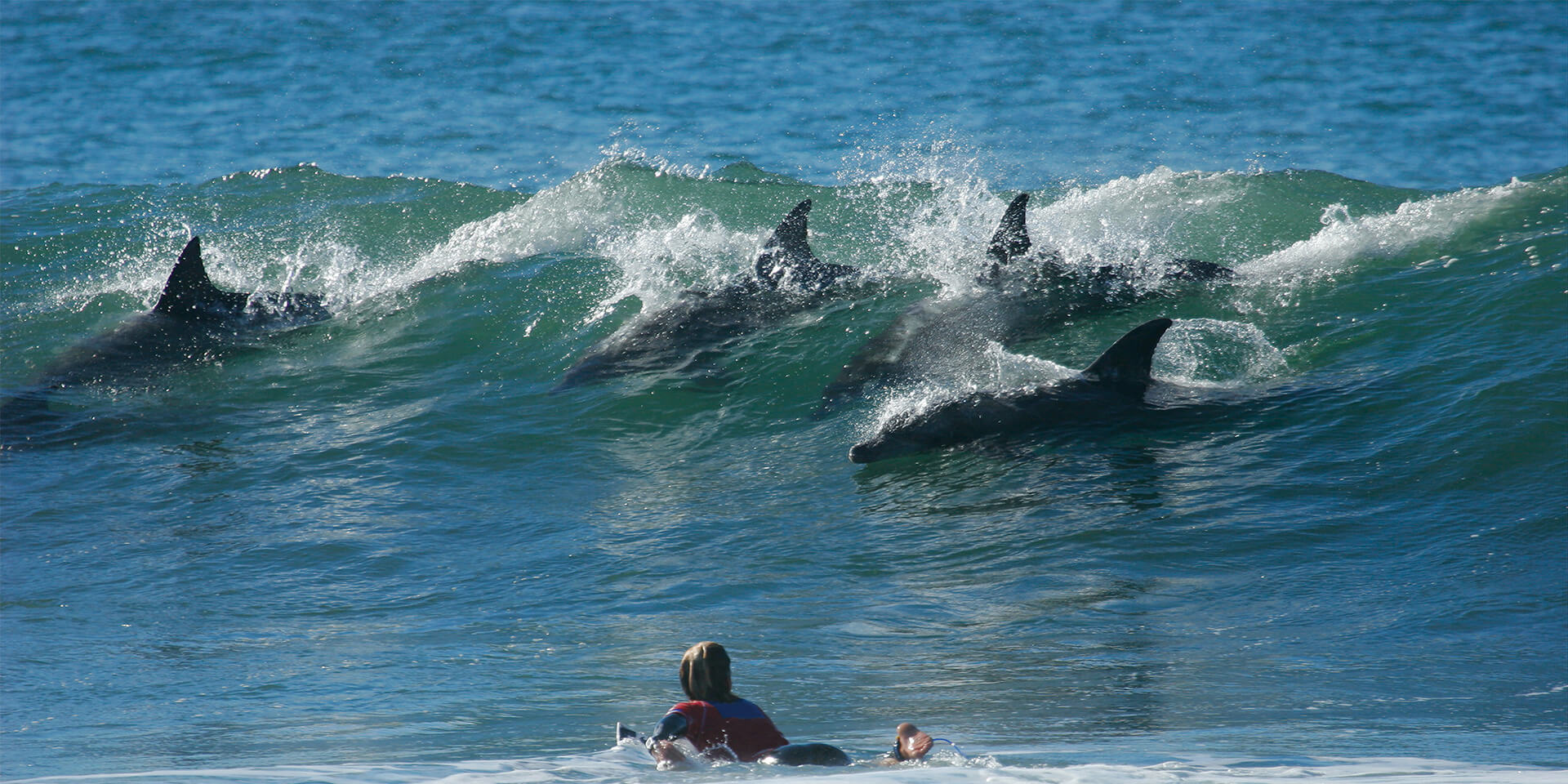Enhancing Scientific Knowledge about the Endangered Antillean Manatee in Cuba
Alemán, A. & Powell, J.
Sea to Shore Alliance
The endangered Antillean manatee subspecies faces numerous and increasing threats in Cuban waters. This project aims to increase monitoring efforts to better understand the species’ habitat use in high-risk areas as well as investigate population connectivity across the region by including data from Cuban manatee populations – vital steps towards responsible management.
